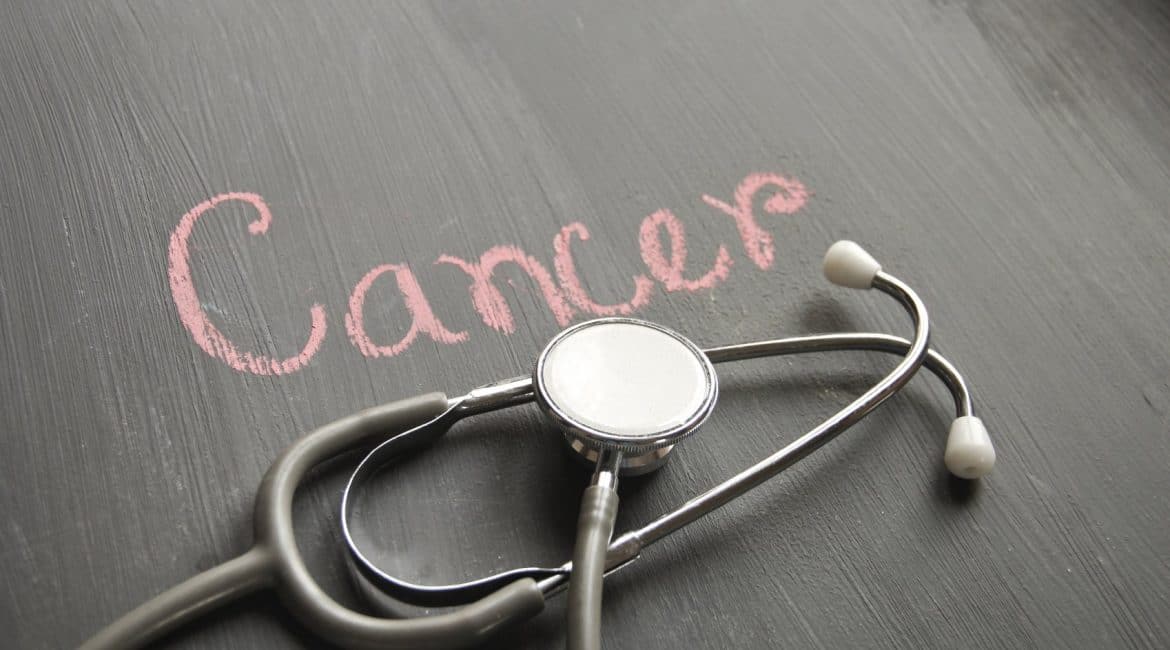Years ago, colon and rectal cancer usually occurred in people above 50 years old. It is alarming to know that nowadays, anyone can have colorectal cancer. You can be 20, 46, 32 or even 13 years old. In fact, studies show that “the under 50” crowd is the fastest growing demographic for colorectal cancer (CRC) cases. It has been predicted that, based on current trends, the incidence rates of colon cancer will go up by 90% and the rates of rectal cancer will increase by 124% among people from ages 20 to 34. An increase of 28% for colon cancer and 46% for rectal cancer are predicted for adults aged 35-39 years old.
Why are the rates increasing?
Unfortunately, there is no concrete answer for this mind-boggling question. The researchers suggest that the increase might be related to behavioural and lifestyle factors – obesity, Western diet, and lack of physical exercise. According to numerous studies, eating meat is associated with increased risk of cancer. In 2015, the World Health Organization (WHO) declared that processed meats are carcinogenic while red meat might be a probable carcinogen. Either way, both are linked to various cancers including colorectal cancer.
Lack of Fibre
For years, the lack of fibre in meat was said to be the reason meat consumption was associated with CRC. However, based on studies done by scientists, they have found that meat itself is the real problem. A study examined the theory of ‘protective fibre’ which compared the diets of Americans and Africans – the former, which has a population with a high incidence of colon cancer and the latter, with a rate of colon cancer 50 times lower than Americans. This study points out that although native Africans traditionally have had a fibre-rich diet, the modern African diet rivals that of the fibre-deficient American diet. However, the incidence of colon cancer remains rare in Africa. The distinction between these two diets seems to be meat consumption. Traditionally, Africans eat a diet low in meat and animal fat – this has been carried over into the modern African diet and results in a much lower rate of colon cancer.
Symptoms of Colorectal Cancer
The following are symptoms of colorectal cancer:
*Change in bowel habits – constipation, diarrhea, narrowing of the stool (lasting for more than a few days)
*Rectal bleeding
*Blood in the stool
*Cramping or abdominal pain
*Weakness and fatigue
*Unintended weight loss
*Bowel movement that cannot be relieved by doing so
There are some cases of colorectal cancer, however, wherein patients do not experience any symptoms at first. If you are interested in prevention or have a family history of CPC and have more questions about CRC and possible treatment options, please set-up an appointment with Dr. David Sloan.

